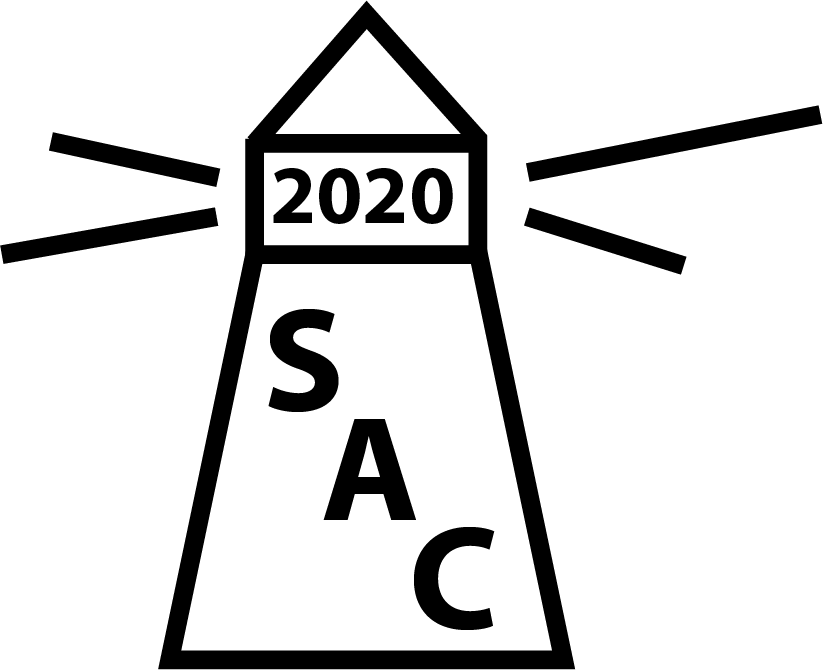SAC2020 Conference

Cyberweb - Oct 19-23, 2020
Program Committee
Accepted Papers
Registration
Program
Summer School
Call for Papers
Paper Submission
Previous SACs
‘Summer’ School
The summer school is a chance to learn in a more in-depth manner from several of our expert speakers. The remote format will prevent in-person discussion, but the summer schools will still use a heavily interactive component.
The full program is held on ResearchSeminars.org SAC2020-School which allows you to change the date/time to your local time zone.
Zoom Session
The Zoom Session for talks (separate from summer school) is available at the following link:
- https://ucalgary.zoom.us/j/94900361079
- Meeting ID: 949 0036 1079
NB: The meeting is password protected to registered attendees. You will receive an email with the password.
Mathematics of Cryptography - Topic 1
Modern elliptic curve cryptography
Ben Smith, INRIA and École Polytechnique
This is a very short course on the foundations of modern elliptic curve cryptography. First, we will cover the basics on elliptic curves and their arithmetic, and the difficulty and inter-relationship of the Elliptic Curve Discrete Log and Elliptic Curve Diffie-Hellman problems. Then, we will dive into the design of state-of-the-art ECC protocols, including Curve25519/X25519 key exchange and contemporary elliptic curve signature schemes.
Mathematics of Cryptography - Topic 2
Polynomial systems of equations and their cryptographic aspects
Antoine Joux, CISPA Helmholtz-Zentrum
In this lecture, we will discuss several aspects of polynomial equations and their use in cryptography. We will first motivate the topic be showing some uses of such systems in cryptography. Then, we will turn to the cryptanalytic aspects, describing algorithmic techniques to solve such systems. In this part, we start be recalling the easy special cases before turning to the general case of non-linear multivariate systems (over finite fields). We will discuss three different approaches, exhaustive search, algebraic methods (aka as Groebner bases or XL computations) and probabilistic degree reduction (introduced by Lokshtanov et al.).
Secure Elections
Can crypto help enhance democracy?
Jeremy Clark, Concordia University
Vanessa Teague, Thinking Cybersecurity and Australian National University
In this workshop, we will explore the world of voting technology. We will show you how cryptography can enhance the verifiability of an election, which is a challenge when a secret ballot needs to be obtained. We will discuss some real-world attempts at putting this type of cryptographic voting into practice. We will also discuss ways it can go wrong—from subtle cryptographic oversights to broader forms of cybersecurity attacks. Finally, we will focus on the issue of internet voting: if you can bank online, why can’t you vote online? It turns out there are a few good reasons.